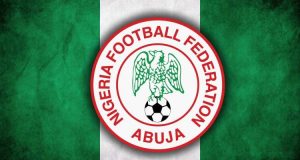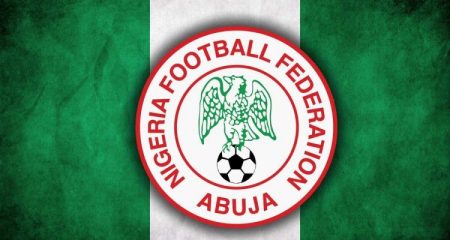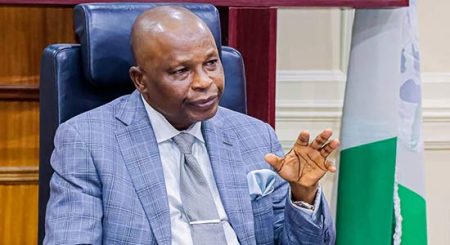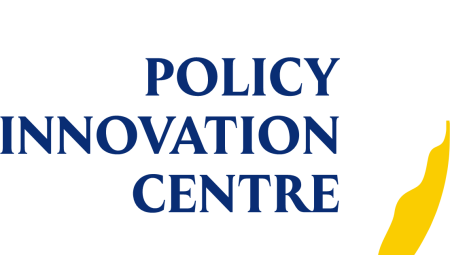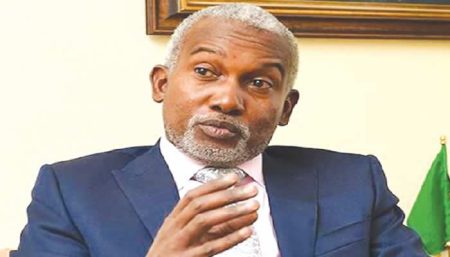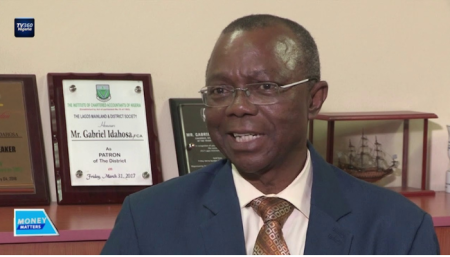The Peoples Democratic Party (PDP), Nigeria’s main opposition party, is gearing up for a fierce political battle in the upcoming 2027 elections. PDP governors, speaking through the Chairman of the PDP Governors’ Forum, Bala Mohammed, the Governor of Bauchi State, have declared their resolve to confront both the ruling All Progressives Congress (APC) and the newly formed coalition led by the African Democratic Congress (ADC). This declaration comes in the wake of significant political realignments, with several prominent PDP members defecting to both the ruling party and the emerging ADC coalition. The PDP, determined to reclaim its position as a dominant force in Nigerian politics, is emphasizing party unity, discipline, and a focus on national interests over individual ambitions.
The recent defections have created a complex political landscape. High-profile figures like former Vice President Atiku Abubakar, former Senate President David Mark, and former presidential aspirant Dele Momodu have joined the ADC-led coalition, potentially posing a significant challenge to the PDP’s traditional voter base. Simultaneously, the APC has also attracted some PDP members, including governors Umo Eno of Akwa Ibom State and Sheriff Oborevwori of Delta State, along with the party’s 2023 Vice Presidential candidate, Ifeanyi Okowa. These defections represent a significant blow to the PDP, highlighting the challenges the party faces in maintaining its cohesion and appeal. However, the remaining PDP members, particularly the governors, are determined to revitalize the party and present a formidable challenge to both the APC and the ADC coalition in the upcoming elections.
The PDP is addressing internal challenges that contributed to the recent defections. Governor Mohammed emphasized the party’s commitment to combating indiscipline, which he identified as a root cause of internal conflicts. The party has apparently resolved some of these internal crises and is striving to create a unified front moving forward. The focus on unity and discipline underscores the PDP’s recognition that internal strife weakens the party and makes it vulnerable to external pressures. By addressing these internal issues, the PDP aims to project an image of stability and cohesion, essential for attracting voters and competing effectively against its rivals.
The PDP governors are emphasizing the party’s enduring values and its commitment to serving the Nigerian people. They are highlighting the party’s long history, its consistent logo, and its resilience in the face of challenges. This emphasis on historical continuity aims to reassure party faithful and appeal to voters seeking stability and experience. The governors also underscored their commitment to working collaboratively with all party organs, including the National Working Committee (NWC), the Board of Trustees (BoT), and the National Assembly caucuses. This collaborative approach is designed to foster a sense of shared purpose and ensure that all party members are working towards the same goals.
While acknowledging the departure of some key members, the PDP is extending an olive branch, leaving the door open for their return. Governor Mohammed expressed sympathy for those who left due to impatience, suggesting that their departures were driven by personal ambitions rather than fundamental disagreements with the party’s principles. However, he also indicated that this invitation has a time limit, implying that the party will not indefinitely wait for those who have chosen to align with other political forces. This approach allows the PDP to appear magnanimous while also setting boundaries and signaling its commitment to moving forward with its current members.
The PDP is positioning itself as the primary opposition force capable of effectively challenging the ruling APC and managing any emerging political coalitions or alliances. Governor Mohammed stressed that the PDP, as the main opposition party, should be the driving force behind any coalitions or alliances. This assertive stance reflects the PDP’s determination to maintain its relevance and influence in the evolving political landscape. The party believes that its experience, organizational strength, and national reach make it the best-suited party to lead any opposition efforts against the ruling APC. The PDP is emphasizing its commitment to providing “a credible platform for Nigerians to actualize their aspirations,” aiming to present itself as a viable alternative to the current administration and the emerging coalition. By focusing on these key messages, the PDP hopes to regain lost ground and emerge as a strong contender in the 2027 elections.



